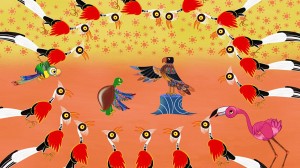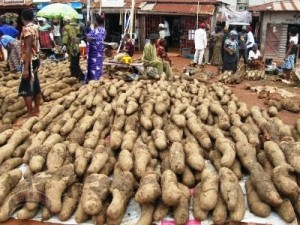Context: This is the second step that a man must take in order to get married. My mom learned these from her father and my dad learned the process from his own father. They value this tradition heavily and my dad underwent this process when he married my mom.
- Bride-price
- The bride price is a token for raising a wonderful young lady and paid by the parents of the prospective groom. Once the bride price is presented the money is divided to the father and his kingsmen[uncles, cousins…etc], the mother[sisters, cousins..etc], the uncle, and the auntie partake in the money.
- Thoughts: I found this step to be very interesting to me. When I was listening to my parents explain this my initial thoughts were that it appeared that I was going to be sold off and married when I was old enough, however, my perceptions changed when they told me why this payment was so significant. A bride-price is not a means for which a man pays to marry a person, instead, it is a symbolic gesture paid by the prospective groom to give thanks to the family of the woman he intends to marry. The bride price is an offering of thanks for raising such a well brought up a young woman who the man now wants to marry. It was really interesting learning about this marriage custom, and I hope to witness this process one day or possibly the day that I or a female member of my family will be approached by someone who wants to marry us.
- The bride price is a token for raising a wonderful young lady and paid by the parents of the prospective groom. Once the bride price is presented the money is divided to the father and his kingsmen[uncles, cousins…etc], the mother[sisters, cousins..etc], the uncle, and the auntie partake in the money.


